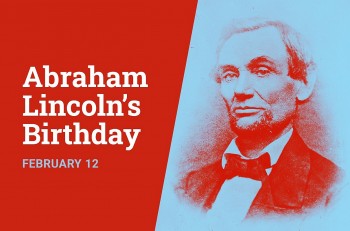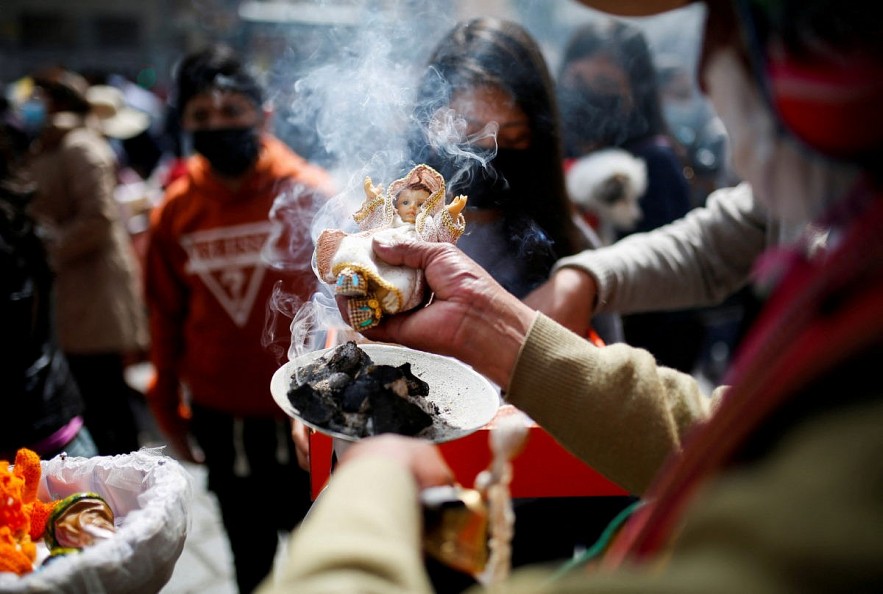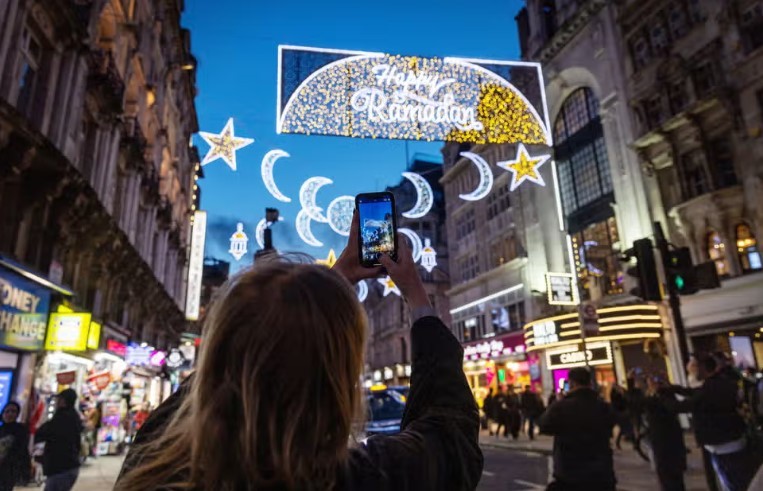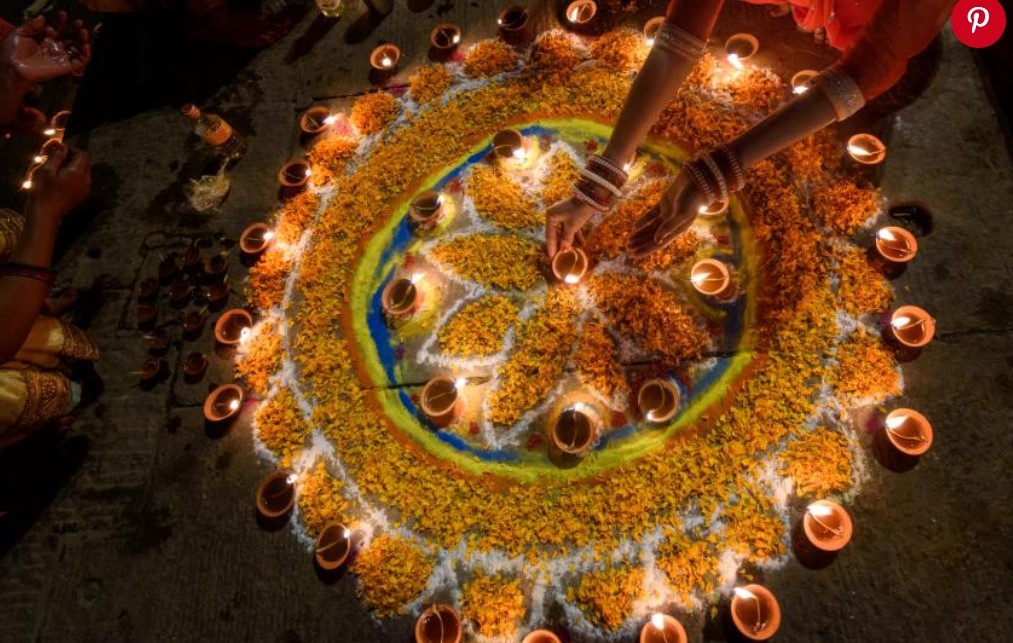2025 Religious Holidays in the US: Dates, Significance, and Celebrations
 Full List of Texas's Unique State Holidays and Celebrations Full List of Texas's Unique State Holidays and Celebrations |
 Full List of New York's State Holidays and Celebrations Full List of New York's State Holidays and Celebrations |
What are Religious Holidays?
Different faith communities set aside special days to honor significant occurrences, ideas, or figures in their religious traditions. These observances often involve rituals, prayers, feasts, and communal gatherings.
In a diverse nation like the United States, religious holidays from a variety of faiths reflect the country's rich tapestry of cultural and spiritual practices.
1. New Year's Day (January 1)
Various religious groups observe New Year's Day, despite it being primarily a secular holiday. For Christians, it is often a time for reflection and prayer. Many attend church services to mark the beginning of the new year, seeking blessings for the year ahead. Traditions may include singing hymns and making resolutions.
2. Epiphany (January 6, 2025)
 |
| Epiphany |
Significance: Epiphany, primarily observed by Christians, commemorates the revelation of Christ to the Gentiles, represented by the visit of the Magi.
Celebration: Observed with church services, the blessing of water, and festive meals. Some communities also mark this day with the tradition of "King Cake."
3. Lunar New Year (February 10, 2025)
Significance: Celebrated by many East Asian cultures, Lunar New Year signifies the beginning of the lunar calendar and is a time for family reunions.
Celebration: Families honor ancestors with offerings and partake in feasts. Traditional activities include lion dances, fireworks, and giving red envelopes with money.
4. Lent and Easter (February 18 - April 20)
Lent is a significant period in the Christian calendar, observed by many denominations, including Catholicism and Protestantism. It begins on Ash Wednesday (February 18 in 2025) and lasts for 40 days, leading up to Easter Sunday (April 20 in 2025). Lent is a time of fasting, prayer, and reflection, commemorating Jesus Christ’s sacrifice and resurrection.
Celebration:
- Ash Wednesday: Christians attend services where ashes are placed on their foreheads, symbolizing repentance.
- Holy Week: The week preceding Easter is filled with various observances, including Palm Sunday, Maundy Thursday, and Good Friday, culminating in Easter Sunday, celebrated with joyous church services and family gatherings.
5. Maha Shivaratri (March 8, 2025)
Significance: Maha Shivaratri is a Hindu festival dedicated to Lord Shiva, symbolizing the overcoming of darkness and ignorance.
Celebration: Devotees often fast, chant prayers, and participate in night vigils. Temples may hold special ceremonies, and offerings of fruits and flowers are made.
6. Holi (March 25, 2025)
Significance: Holi, the Festival of Colors, celebrates the arrival of spring and the triumph of good over evil.
Celebration: People throw colored powders, dance, sing, and enjoy festive foods. It’s a time for forgiveness and renewal of relationships.
7. Buddha's Birthday (April 8, 2025)
Significance: Celebrated by Buddhists, Buddha’s Birthday honors the birth of Siddhartha Gautama, who became the Buddha.
Celebration: Temples often hold ceremonies, offer food to monks, and engage in meditation and reflection.
8. Palm Sunday (April 14, 2025)
Significance: Palm Sunday marks Jesus’ triumphant entry into Jerusalem, celebrated one week before Easter.
Celebration: Christians attend church services, often receiving palm fronds to commemorate the event, and participate in processions.
9. Good Friday (April 19, 2025)
Significance: Good Friday commemorates the crucifixion of Jesus Christ and his death at Calvary.
Celebration: Many Christians observe this day with fasting and somber church services, reflecting on the significance of Christ’s sacrifice.
10. Passover (April 22 - April 30)
Significance: Passover, or Pesach, is a major Jewish holiday that commemorates the Exodus of the Israelites from slavery in Egypt. In 2025, it begins at sundown on April 22 and ends at nightfall on April 30.
Celebration:
- Seder: The holiday is marked by the Seder, a ritual meal that includes the reading of the Haggadah, symbolic foods, and the retelling of the Exodus story.
- Matzo: During Passover, Jews refrain from eating leavened bread and instead consume matzo, unleavened bread, as a reminder of the haste of their ancestors’ departure from Egypt.
 Passover Holiday: Meaningful Quotes, Best Wishes and Sweet Messages Passover Holiday: Meaningful Quotes, Best Wishes and Sweet Messages |
11. Ramadan (March 10 - April 9)
Significance: Ramadan is the ninth month of the Islamic lunar calendar and is observed by Muslims around the world, including in the U.S. In 2025, Ramadan is expected to begin on March 10 and end on April 9 with Eid al-Fitr celebrations.
Celebration:
- Fasting: Muslims fast from dawn until sunset, refraining from food, drink, and other physical needs, focusing instead on spiritual growth and community.
- Eid al-Fitr: The holiday marking the end of Ramadan is celebrated with prayers, feasting, and charitable giving.
Eid al-Fitr (April 9, 2025)
Significance: Eid al-Fitr marks the end of Ramadan, celebrating the conclusion of fasting.
Celebration: Muslims gather for communal prayers, share festive meals, and give Zakat al-Fitr (charity) to the needy.
12. Ascension Day (May 30, 2025)
Significance: Ascension Day commemorates the ascension of Jesus into heaven 40 days after his resurrection.
Celebration: Observed by attending church services, often with prayers and readings related to the event.
13. Pentecost (June 8, 2025)
Significance: Pentecost marks the descent of the Holy Spirit upon the apostles and is considered the birthday of the Church.
Celebration: Many Christian denominations hold services emphasizing the Holy Spirit’s role, often with the singing of hymns and prayers.
14. Eid al-Adha (June 17, 2025)
Significance: Eid al-Adha commemorates the willingness of Ibrahim (Abraham) to sacrifice his son in obedience to God.
Celebration: Muslims perform prayers, sacrifice animals, and share meals with family and friends. It is also a time for giving to those in need.
15. Diwali (October 22)
Significance: Diwali, also known as the Festival of Lights, is a significant Hindu festival that symbolizes the victory of light over darkness and good over evil. In 2025, Diwali falls on October 22.
Celebration:
- Lighting Lamps: Homes and public spaces are adorned with oil lamps (diyas) and colorful decorations.
- Rituals and Feasts: Families perform prayers (puja) to deities, exchange gifts, and enjoy festive meals with loved ones.
 13 Distinctive Diwali Customs & Traditions in Different Indian Regions 13 Distinctive Diwali Customs & Traditions in Different Indian Regions |
16. All Saints' Day (November 1, 2025)
Significance: All Saints' Day honors all saints, known and unknown, within Christianity.
Celebration: Many Christians attend church services, light candles, and remember deceased loved ones.
17. Thanksgiving (November 28, 2025)
Significance: While not strictly a religious holiday, Thanksgiving has historical ties to religious observance and gratitude.
Celebration: Families gather for a feast, often giving thanks through prayers. Many also volunteer or donate to help those in need.
18. Advent (Begins December 1, 2025)
Significance: Advent marks the beginning of the Christian liturgical year, leading up to Christmas.
Celebration: Many Christians observe Advent through daily readings, lighting candles on an Advent wreath, and preparing for the celebration of Jesus’ birth.
19. Hanukkah (December 15-23, 2025)
Significance: Hanukkah, the Festival of Lights, commemorates the rededication of the Second Temple in Jerusalem.
Celebration: Jewish families light the menorah, play games, and share special foods like latkes and sufganiyot.
20. Christmas (December 25)
Christmas is a major Christian holiday celebrating the birth of Jesus Christ. It is celebrated on December 25 in 2025.
Celebration:
- Church Services: Many attend midnight mass or Christmas Day services, often singing carols and sharing messages of peace and goodwill.
- Traditions: Common traditions include decorating Christmas trees, exchanging gifts, and family gatherings.
Final Thoughts
In 2025, the U.S. will witness a vibrant array of religious holidays celebrated by its diverse population. Each holiday, whether major or minor, holds significance for its respective community and contributes to the overall cultural mosaic of American society
Understanding these observances fosters appreciation for the rich cultural fabric that defines American society.
Frequently Asked Questions (FAQs)
1. Why are religious holidays important?
- Religious holidays provide a framework for worship, community gathering, and the observance of sacred traditions. They foster a sense of belonging and identity among practitioners.
2. How do different religions celebrate their holidays?
- Each religion has its own unique customs and rituals. For example, Christians celebrate with church services, while Jews gather for Seder meals during Passover.
3. Are religious holidays recognized as public holidays in the U.S.?
- While some religious holidays are recognized as public holidays (e.g., Christmas), many are celebrated privately within their respective communities.
4. Can non-adherents participate in religious holiday celebrations?
- Participation often depends on the specific traditions of the holiday. Many communities welcome interfaith participation, promoting understanding and respect.
5. What role do religious holidays play in interfaith dialogue?
- Religious holidays can serve as opportunities for interfaith dialogue, allowing individuals from different backgrounds to learn about and appreciate one another's beliefs and practices.
6. Are there any lesser-known religious holidays in the U.S.?
- Yes, many faith traditions have lesser-known holidays, such as the Hindu festival of Makar Sankranti or the Buddhist observance of Vesak.
7. How can non-religious individuals participate in these holidays?
- Many religious communities welcome individuals from different backgrounds to join in celebrations, fostering understanding and community spirit.
8. Do religious holidays affect school or work schedules?
- Some holidays may be recognized in certain states or by specific institutions, allowing for time off. It varies depending on the community and organization.
 US Federal Holiday Pay Guide in November 2024: What Employees Should Know US Federal Holiday Pay Guide in November 2024: What Employees Should Know This guide will provide an overview of what employees should know about public holiday pay in November, including rights, pay rates, and potential differences between ... |
 U.S. Stock Market Holidays for 2025: Key Dates, Times U.S. Stock Market Holidays for 2025: Key Dates, Times Understanding the U.S. stock market holidays in 2025 can help you plan your trading strategies effectively. |
 Bank Holidays in the US 2025: Dates, Local Variations Bank Holidays in the US 2025: Dates, Local Variations Bank holidays in the United States in 2025, useful for many people in planning their schedules and budgets. |
 2025 Calendar with Holidays for U.S. Military Personnel 2025 Calendar with Holidays for U.S. Military Personnel In 2025, the United States will celebrate various holidays that hold significant meaning for military personnel. |


























